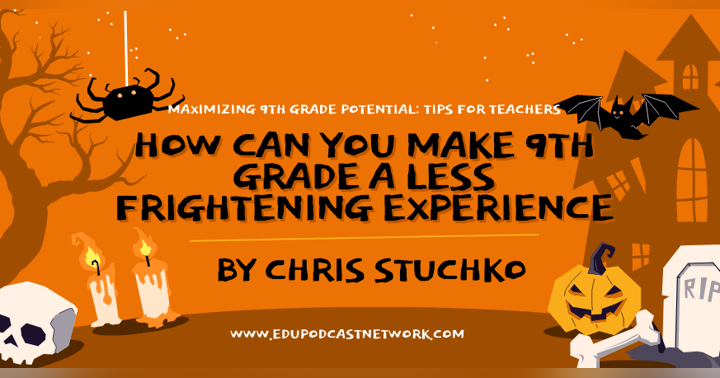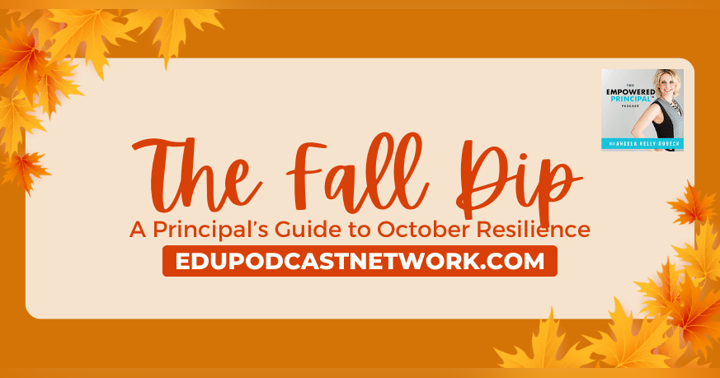Maximizing Summer Break: How Planning Sets Teachers Up for Success

Ah, summer vacation! The time when teachers can finally break free from the clutches of students, exams, and endless lesson planning. It's a time to kick back, relax, and forget about school... Or is it?
Many teachers count the days until the last bell before summer vacation sounds. At my school, our science teacher begins writing the countdown on the teacher’s lounge whiteboard the day we return from winter break.
The end of the school year is incredibly stressful, and anticipation of summer freedom doesn’t make it any easier to get through. This is the time of year when you begin to panic because you realize you don’t have enough time left to get through all your required curriculum. This is partly because state testing and other end-of-year assessments all encroach on the limited days left and because there are the obligatory awards assemblies and the student “fun” days. There’s also finding time to wrap up your classroom for the summer, collect textbooks and computers and hand out registration packets for next year. Next year…. Ugh! The last thing any teacher wants to think about right now.
So when that final bell sounds, ending the school year, lock your classroom door, turn in the end-of-year paperwork, and take some time away from all of it.
Well, enough time to catch your breath and refocus.
Because if you are a weirdo like me, you love using summer to jump-start planning for the next school year!
WAIT! Before you roll your eyes and close this tab, hear me out. This is actually how to make your summer MORE relaxing and the beginning of the next school year much less stressful.
Summer planning is exciting because I can use my freedom to finally dive deep into new lesson-delivery pedagogies, plans, research, and ideas. These are little gems I came across when lesson planning during the school year but didn’t have time to consider. So I don’t forget these ideas that I want to explore, and In order to expedite my summer planning, I keep a separate bookmark folder on my computer where I save the links to these websites, apps, and research.
I go gang-busters at the beginning of the summer, while the past year is still fresh in my mind. I review what worked and what didn’t. I look at things I left out and things I should have left out. I pour over my bookmarked websites like an artist looking for inspiration and figure out how I might incorporate these fresh ideas to renovate tired lessons or improve classroom management. I annoy my colleagues with emails and links to things we should try next year. I bribe them to come to my house for planning sessions by dangling lunch or evening drinks because we all know the best ideas surface when we toss around multiple perspectives.
When the summer planning sessions do manage to manifest, it’s a marvelously productive time. There are no papers to grade, bells calling you back to class, or meetings to attend. It is easy to find yourself in a state of flow where the hours pass by without noticing, and lots of laughter and camaraderie building occur. Multiple sessions might be needed, but now there’s no rush to finish before Monday.
Planning sessions can be focused on how to start the year, tweaking a particular unit, classroom management ideas, solidifying the scope and sequence, or creating common assessments. I focus on things that caused the most stress during the school year, or I might figure out how to include something extraordinary that got left out. Depending on what I’ve planned, I may even visit the school during summer hours to run off any packets or pages ahead of the pre-service rush.
Even if you end up doing solo planning sessions (and many times I did after receiving “cease and desist” requests due to how some colleagues felt about my overly earnest emails), the end product is you’re all set for next year (deep relaxing breath, here). This means that the rest of my summer can genuinely be relaxing, knowing that when August comes around and the new school year is getting ready to start, I’m already ahead of the game. Instead of sweating about how to start the school year, I can concentrate on setting up my classroom and reorganizing my cabinets, which have always been some of my favorite pre-service activities (Does this also qualify for weirdo status?).
While summer vacation is undoubtedly a time for teachers to recharge and rejuvenate, it's also an opportunity to lay the groundwork for a successful academic year ahead. When the school year ends, take a week or two to re-coop. Then think about getting together with like-minded colleagues to discuss how to make the next year better and more manageable. Make it a summer party with plenty of food and festive drinks. I think you’ll find it will make the last days of vacation less difficult to say goodbye to and the beginning of the next school year easier to happily greet.
Guest Author: Anne Kartun, co-host Transparency in Teaching Podcast

